Question And Answer
Publications
Articles, publications, books, tools and multimedia features from the U.S. Institute of Peace provide the latest news, analysis, research findings, practitioner guides and reports, all related to the conflict zones and issues that are at the center of the Institute’s work to prevent and reduce violent conflict.
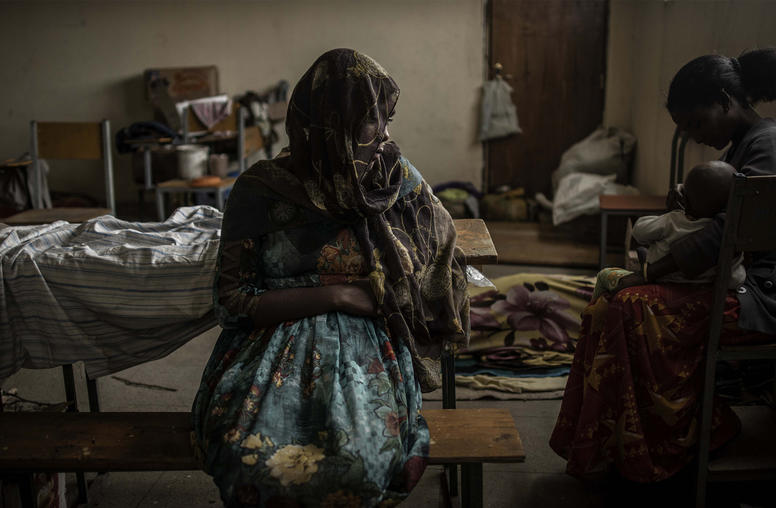
We Have Strategies to Address Gender-Based Violence — It’s Time to Implement Them
Gender-based violence against women and girls is the most pervasive breach of human rights worldwide and a tactical weapon that is fueling violent conflict. In just the last year, we have witnessed an increase in targeted attacks on women leaders, push back against women’s rights, shrinking of civil society space, virulent online harassment, and conflict-related sexual violence all in conjunction with the strengthening of authoritarianism and state aggression. This unparalleled trend is evident in many countries, including Afghanistan, Ethiopia, Iran, Myanmar and Russian-occupied Ukraine.
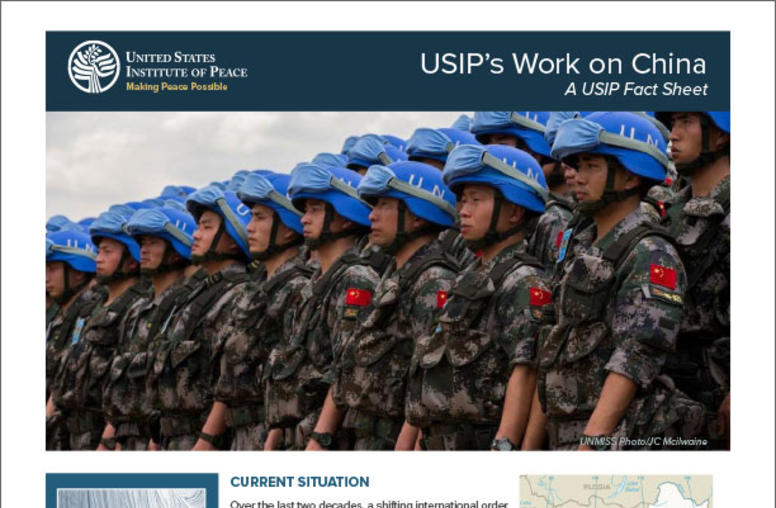
The Current Situation in China
Through bipartisan convenings, policy dialogues, coordination with allies and partners, and independent research and analysis, USIP recommends options to peacefully manage strategic competition between the United States and China.
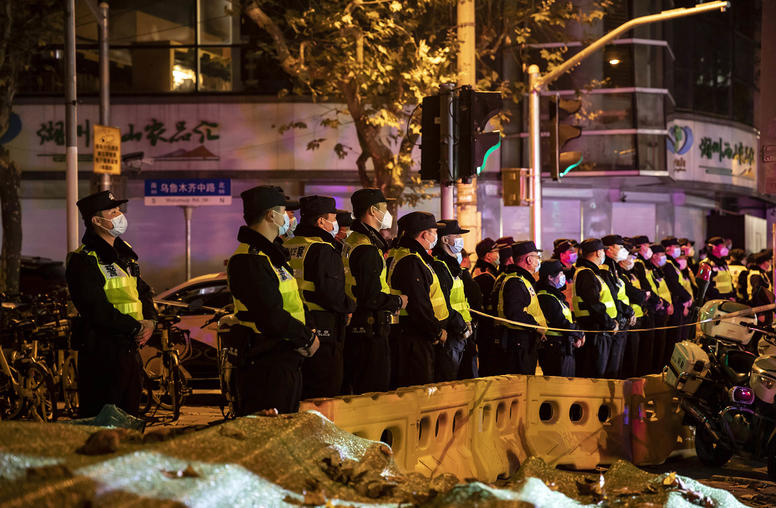
After G-20, Amid Unprecedented Protests: Where Do U.S.-China Relations Stand?
U.S. President Joe Biden and Chinese Communist Party General Secretary Xi Jinping met earlier this month on the sidelines of the G-20 gathering in Bali and came away with seemingly little to show for the gesture. Those hoping for a major reset in the U.S.-China relationship from the first face-to-face meeting between Biden and Xi held were surely disappointed, with no signs of an emerging détente between Washington and Beijing visible.
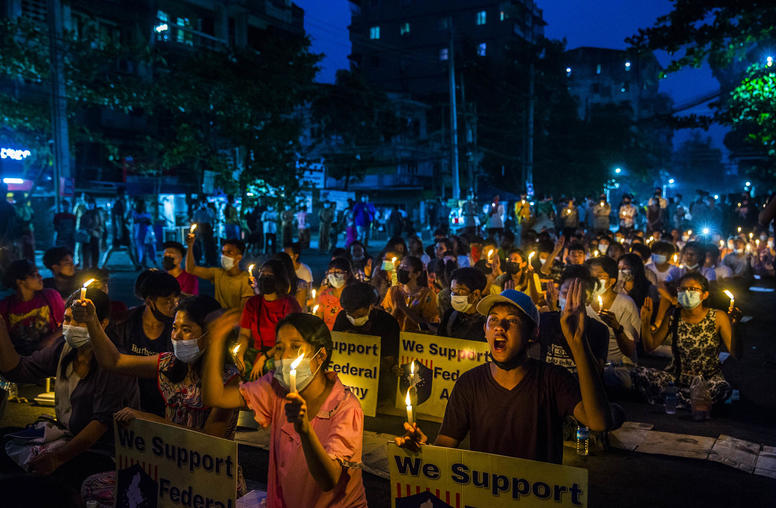
For Myanmar, the Only Path to Stability Runs Through its Web of Resistance Forces
Even as Myanmar’s resistance forces gain ground on the battlefield, much of the international community continues to view the country’s anti-coup movement as fragmented and lacking cohesion. That perception has led some to throw up their hands and disengage from the conflict, while others are considering accepting the junta’s sham elections as a path to restoring stability. Both the premise and conclusion are wrong.
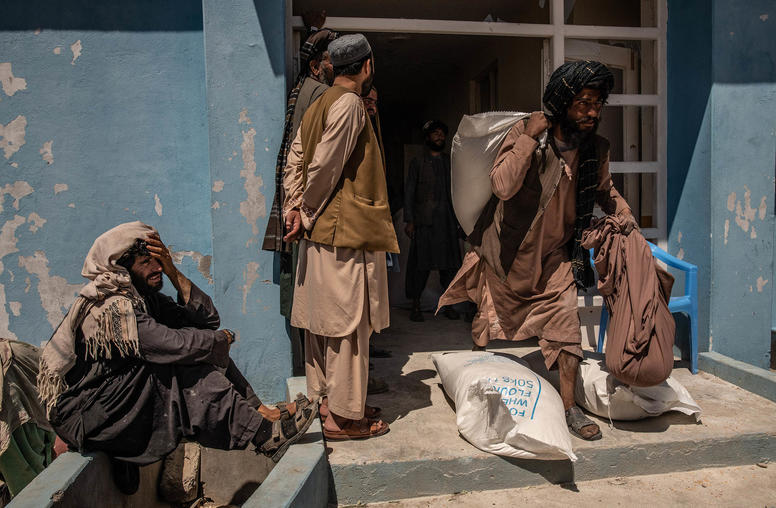
Afghans Adapting to Economic Decline, Social Restrictions
Newly released household data paint a bleak picture of the ongoing human tragedy in Afghanistan and how the Afghan people are adapting as best they can to economic decline and draconian social restrictions, while perhaps benefiting from better security.
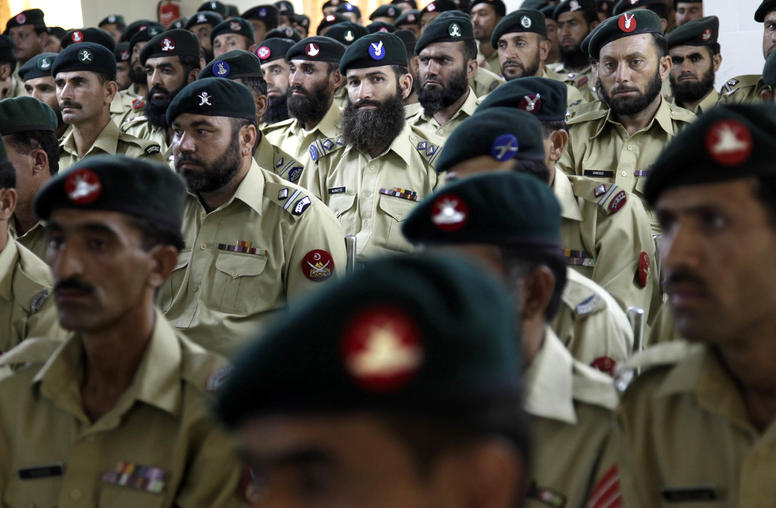
Five Key Issues Facing Pakistan’s New Army Chief
Pakistan just underwent a major military transition. Last week, Prime Minister Shahbaz Sharif appointed General Asim Munir as the new chief of the country’s powerful army, succeeding Qamar Bajwa who held the position for six years. Munir is a former chief of Pakistan’s powerful intelligence service, the Inter-Services Intelligence (ISI), and before that the head of the country’s military intelligence. In nuclear-armed Pakistan with the world’s fifth largest military and a history of military rule, the army chief tends to be the most powerful leader — at times even perceived as the de facto leader due to significant influence over Pakistan’s domestic and foreign policies.
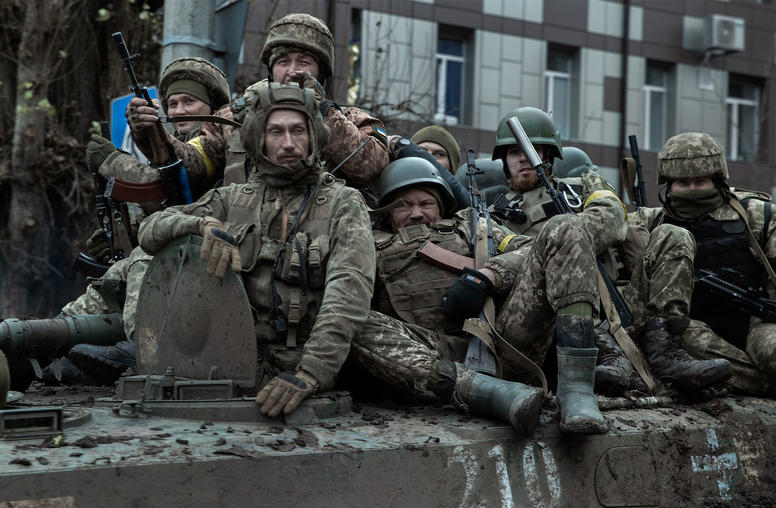
Preparing for Victory in Ukraine
Success. That’s the potential outcome that the United States, Ukraine, allied and partner governments, and private-sector actors must now prepare to confront. Ukraine’s counteroffensives, backed by expanded and accelerated U.S. and allied support, continue to push Russian forces out of Ukrainian territory, although at a reduced rate. These hard-won successes, however, bring with them possible challenges that also must be addressed.
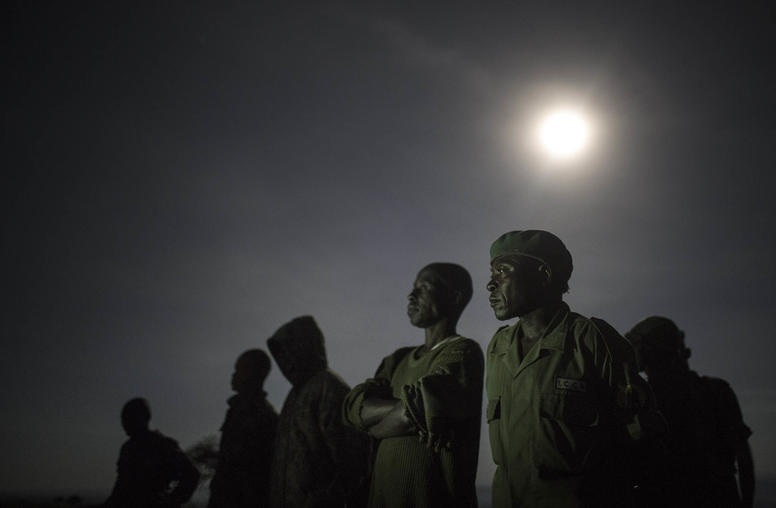
Armed Actors and Environmental Peacebuilding
The eastern provinces of the Democratic Republic of the Congo (DRC) have been the site of decades of conflict between the Congolese army and nonstate armed groups. The region’s conflict dynamics are profoundly affected by the combatants’ exploitation of and illegal trade in natural resources. Drawing lessons from eastern DRC, this report argues that the environmental peacebuilding field needs to do more to understand how armed actors shape resource governance and resource-related conflict, which in turn can lead to better-designed peacebuilding programs and interventions.

Tamanna Salikuddin on Pakistan’s New Military Chief
General Asim Munir was appointed as the new head of Pakistan’s military this week — a position often viewed as the de facto leader of the country. Amid a fraught political environment, Munir’s “first job is going to be figuring out what the civil-military balance is in Pakistan,” says USIP’s Tamanna Salikuddin.
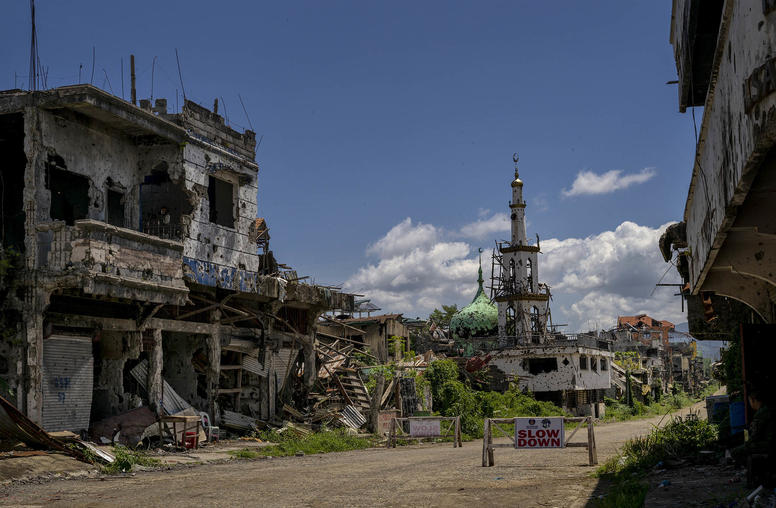
Three-Year Bangsamoro Transition Extension Seen as a Critical Opportunity
Engr. Mohajirin Ali is the director general of the Bangsamoro Planning and Development Authority (BPDA), which coordinates the formulation of the Bangsamoro government’s socioeconomic development policies and plans, and monitors and evaluates those plans. Aliah Adam, who serves as the coordinator for local NGO Singanen O Mindanao and as a consultant for USIP, recently interviewed Ali to discuss the BPDA’s role, the major achievements of the Bangsamoro Transition Authority and the importance of the three-year extension of the transition period of the Bangsamoro Autonomous Region of Muslim Mindanao. The following are edited excerpts from the interview.